Short Stories
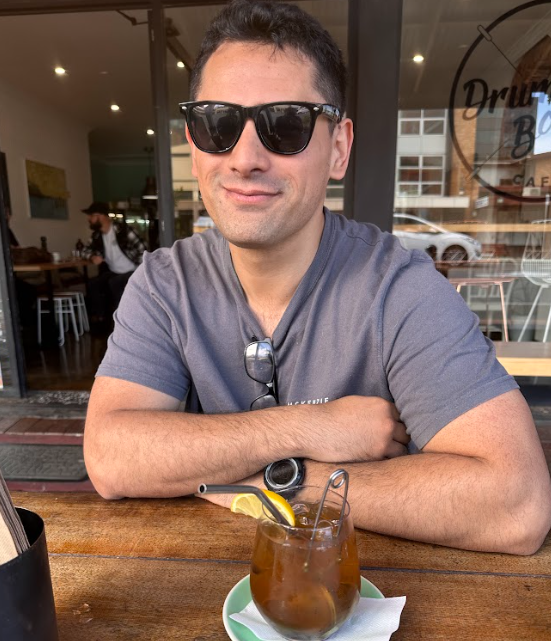
Welcome to my short story space!
Its mostly a hall of shame, as in the collection of stories that did not make the cut in competitions. Some of these you might find incredible, others less so. If you come across a piece that makes you think, “Wait, really? That didn’t make it?” then take heart. Every story has its audience, and if one didn’t win a competition, it doesn’t mean it lacked worth, it simply didn’t find the right listeners that time around.
But, there's some in here that did make it through. And I think, really? That one made it? It's a tricky balance. Every competition has wildly different criteria, judges and so on. Sometimes you get lucky. Sometimes you're paired against super autism kiddo over there who has been waiting their whole life for that particular prompt.
Point is, as a writer you don't compete. You write because you have something to say. You write because you want to flex your muscles, test your skills, push the boundaries a little. That requires fucking it up. Over and over again. If you're not willing to fuck it up, are you even willing to write?
SHORT STORIES COLLECTION
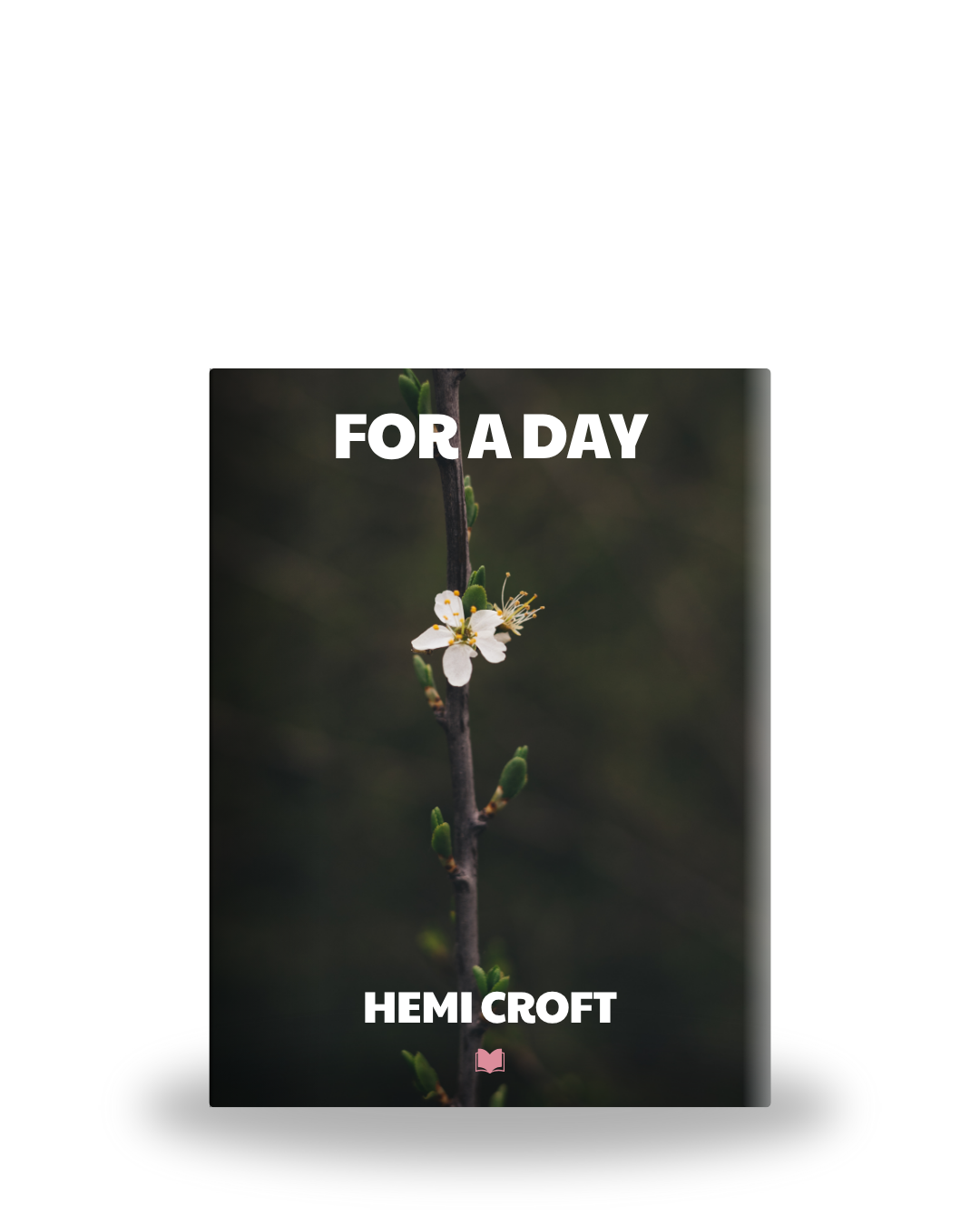
This story is a personal piece, that was written when my daughter was in the NICU. It focuses on grief, agency and the worst-case-scenario.

Best Australian Yarn 2024
Result: Did Not Place
A soldier stands guard over a Japanese POW camp in Australian Borders.
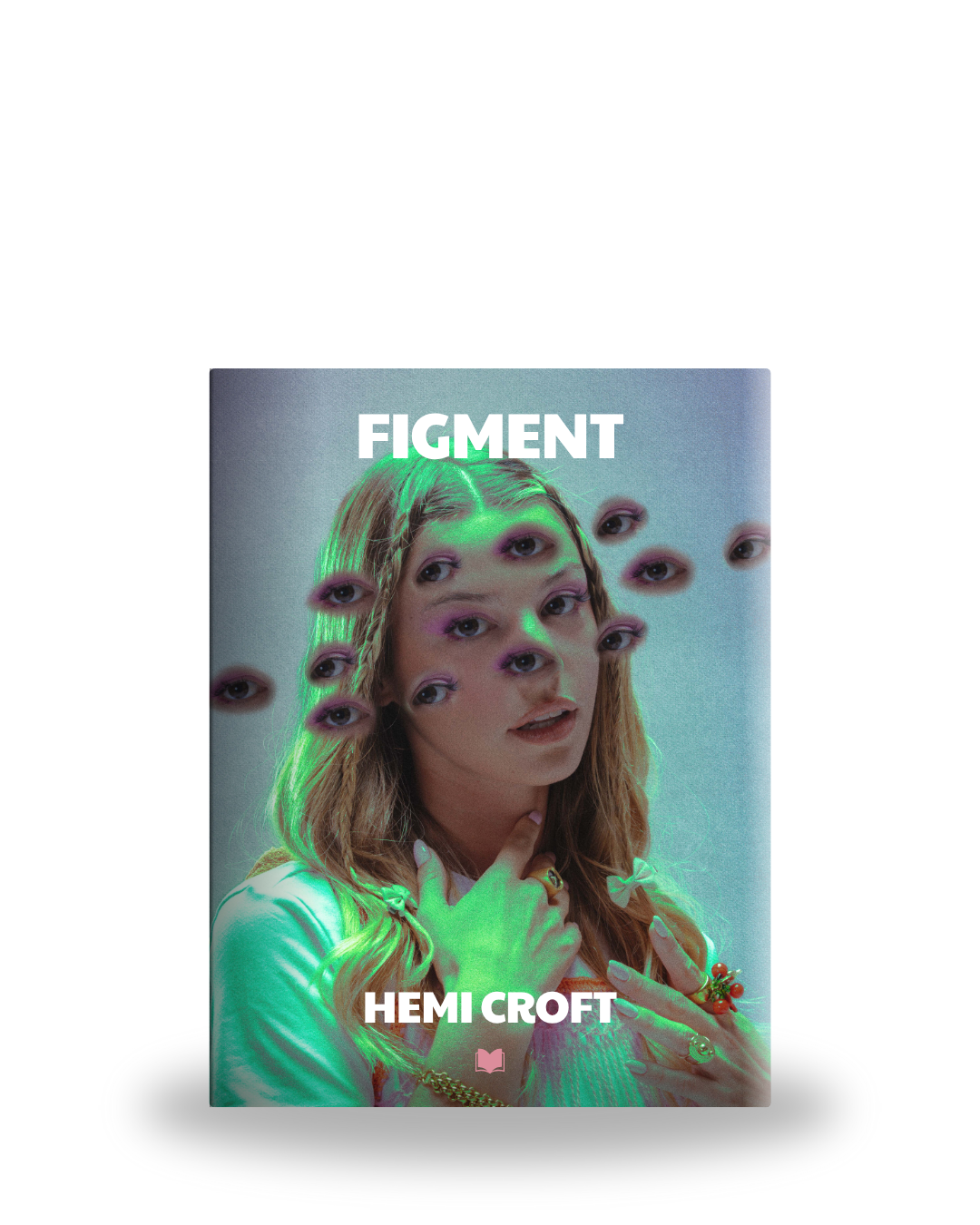
Splinter Journal Issue Two
Result: Did Not Place
A sci-fi super cop is forced to choose between loyalty and facing her demons.
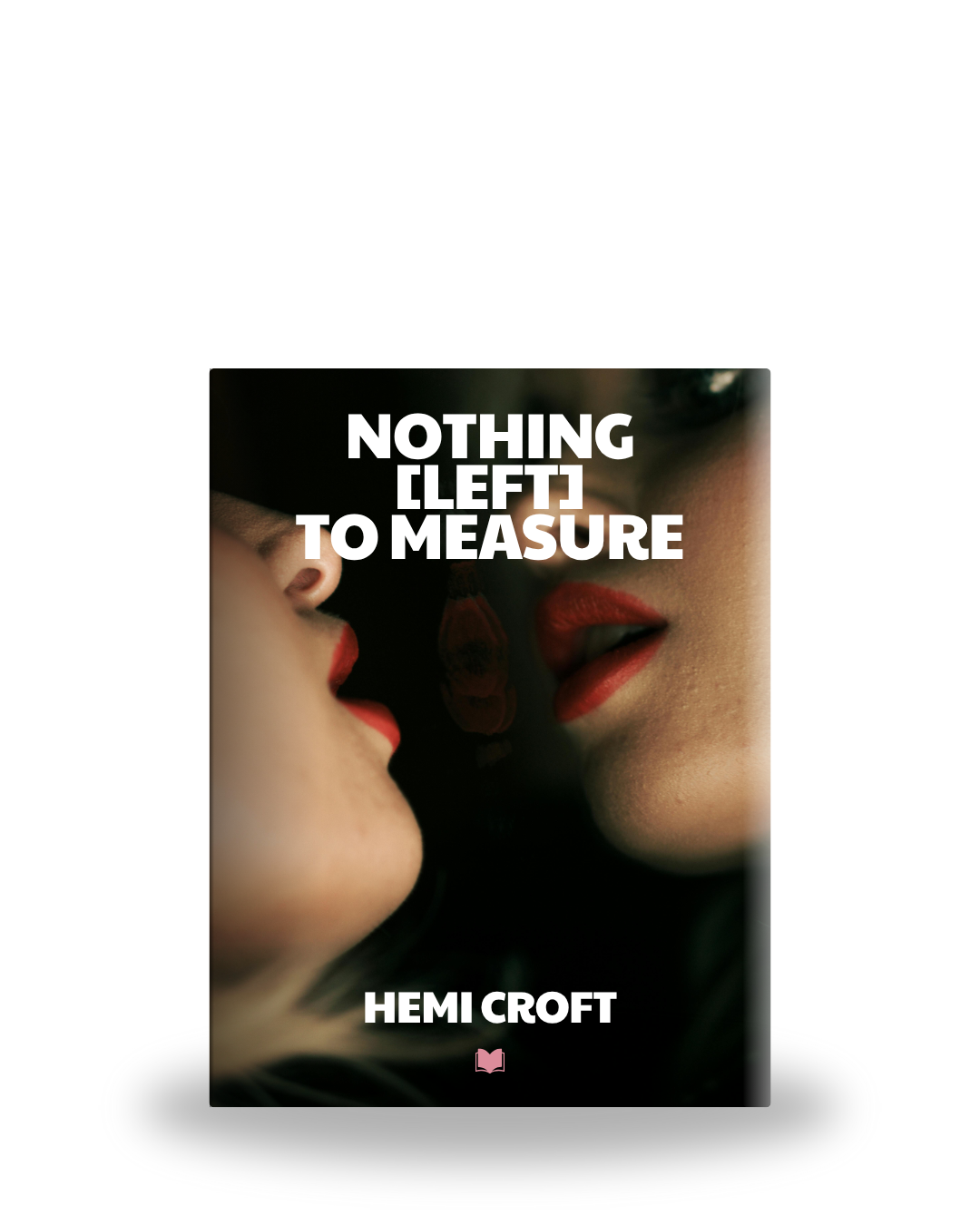
Not Quite Write's Flesh Fiction
Result: Literary Erotica Longlist
Some things are not meant to be measured, only spilled over.

Australian Martial Arts Magazine
Result: 7th Place. Published.
A fighter who lost everything shows a new kid the way.
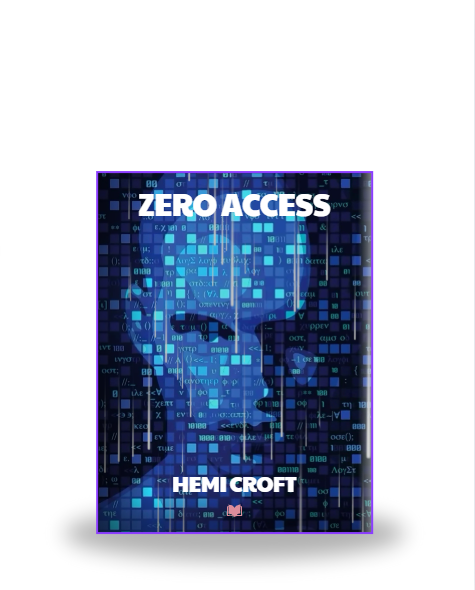
Furious Fiction - October
Result: Did Not Place
An android must choose between what is right and what is true.

Furious Fiction - December
Result: Pending
Just how far would you go for killer abs?
